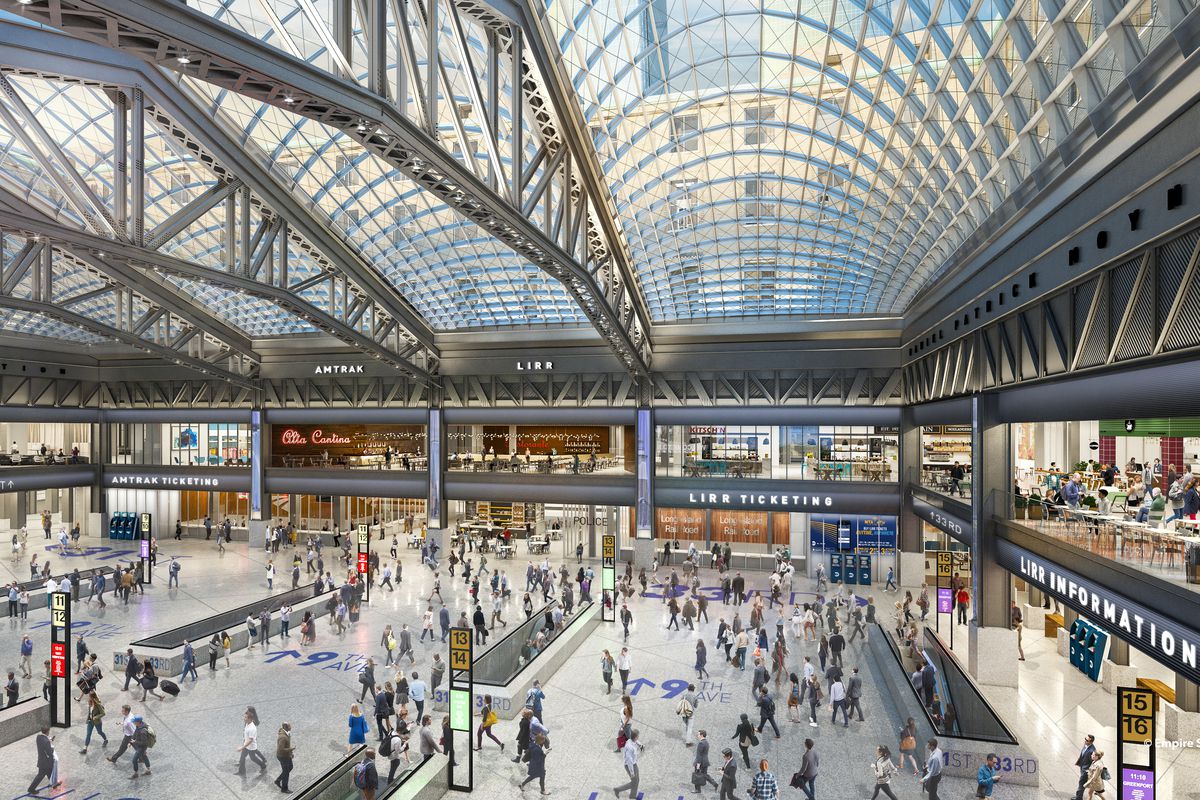
By John McDonough, partner at Murphy Partners LLP
Economic indicators, as reported by Cushman & Wakefield’s MarketBeat Quarterly Report, paint what should be a rosy picture for Manhattan retail: The City achieved record-breaking employment in the second quarter of 2018 and tourism is booming. And yet, according to the same report, “luxury brand corridors, such as Madison Avenue and Upper-Fifth Avenue, are recording limited retail leasing activity.” Increasingly, brick-and-mortar stores are having trouble generating foot traffic as they compete with the convenience of e-commerce. However, transit hub markets, like the Port Authority Bus Terminal, Penn Station and Grand Central, offer a captive, twice-per-day answer to that retail market-share attrition.
For potential tenants, leasing space in a transit hub means leasing from a governmental entity. Here are a few lease terms that potential tenants should be aware of when negotiating with a governmental entity for space in a transit hub:
- Tenant Improvement Allowance. For the most part, unlike private-sector landlords, governmental entities will not directly subsidize a tenant’s initial buildout. Rather, tenants will need to negotiate for rent credits, in the form of free-rent periods. On Port Authority retail leases, for example, rent typically commences upon the earlier of a set number of months from the date possession is tendered or the date tenant opens for business. This structure is designed to give the tenant an opportunity to complete its buildout before having to pay rent, but savvier tenants can use the free rent period as an indirect way to offset their upfront capital expenses. This can be achieved by negotiating for free-rent period longer than needed to complete the build-out, striking the ‘earlier of’ language, and getting architectural plans approved before taking possession of the premises.
- Termination Without Cause. Governmental leases in transportation facilities will frequently allow the landlord to terminate the lease without cause upon 30-days’ notice to the tenant. To soften the severity of this provision, the lease will typically require reimbursement of the tenant’s unamortized capital expenses. Additionally, tenants should ensure that their lease requires reimbursement of all capital expense, not just initial build-out, and should negotiate for an initial lock-out period during which the landlord would not be able to exercise termination without cause.
Transit hub retail is no longer limited to coffee carts and newsstands. In the metro-New York City market, transit hubs have transformed into vibrant and dynamic shopping centers and destinations rather than merely waiting areas. Retailers looking to harness this vital foot traffic should watch for some of the key differences in a retail lease from a governmental landlord.
For more information on this topic, please feel free to contact John McDonough at (973) 877-6984 or jmcdonough@murphyllp.com.
Murphy Schiller & Wilkes LLP (MSW) is a boutique law firm servicing the commercial real estate and construction industries. Headquartered in Newark, New Jersey, the firm represents a wide range of clients, including institutional, publicly traded real estate companies, international and regional lenders, national contractors and subcontractors, and family offices. The firm has been ranked as a top law firm by both Chambers & Partners and U.S. News & World Report.